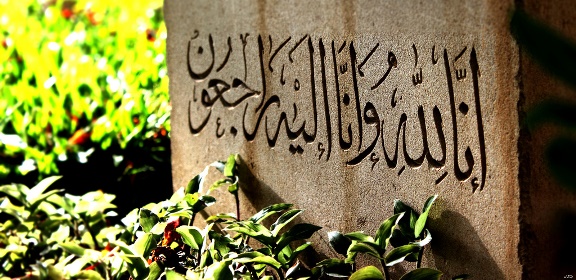1st August 2014
السلام عليكم و رحمة الله و بركاته
Question: If you don’t know the recommended dua’s what must you recite in the Janaza?
الجواب حامداً و مصلياً
In the name of Allāh, the Most Gracious, the Most Merciful
Answer
Janazah Salāh has been prescribed in order to seek forgiveness on behalf of the deceased person. It is highly recommended to memorize and recite those Du’as that have been prescribed from the Sunnah in order to attain the complete reward. If a person does not know the prescribed Du’a then one may recite whatever Du’a he knows from the Qur’an and Sunnah relating to seeking forgiveness for the deceased person and for the entire Muslim Ummah. If a person remained silent and did not recite any Du’a, though the Janazah Salāh will still be valid, the complete reward shall not be attained for omitting the Sunnah.
[Allãh Knows Best]
Written by (Mufti) Abdul Waheed
Attested by Shaykh Mufti Saiful Islam
JKN Fatawa Department

